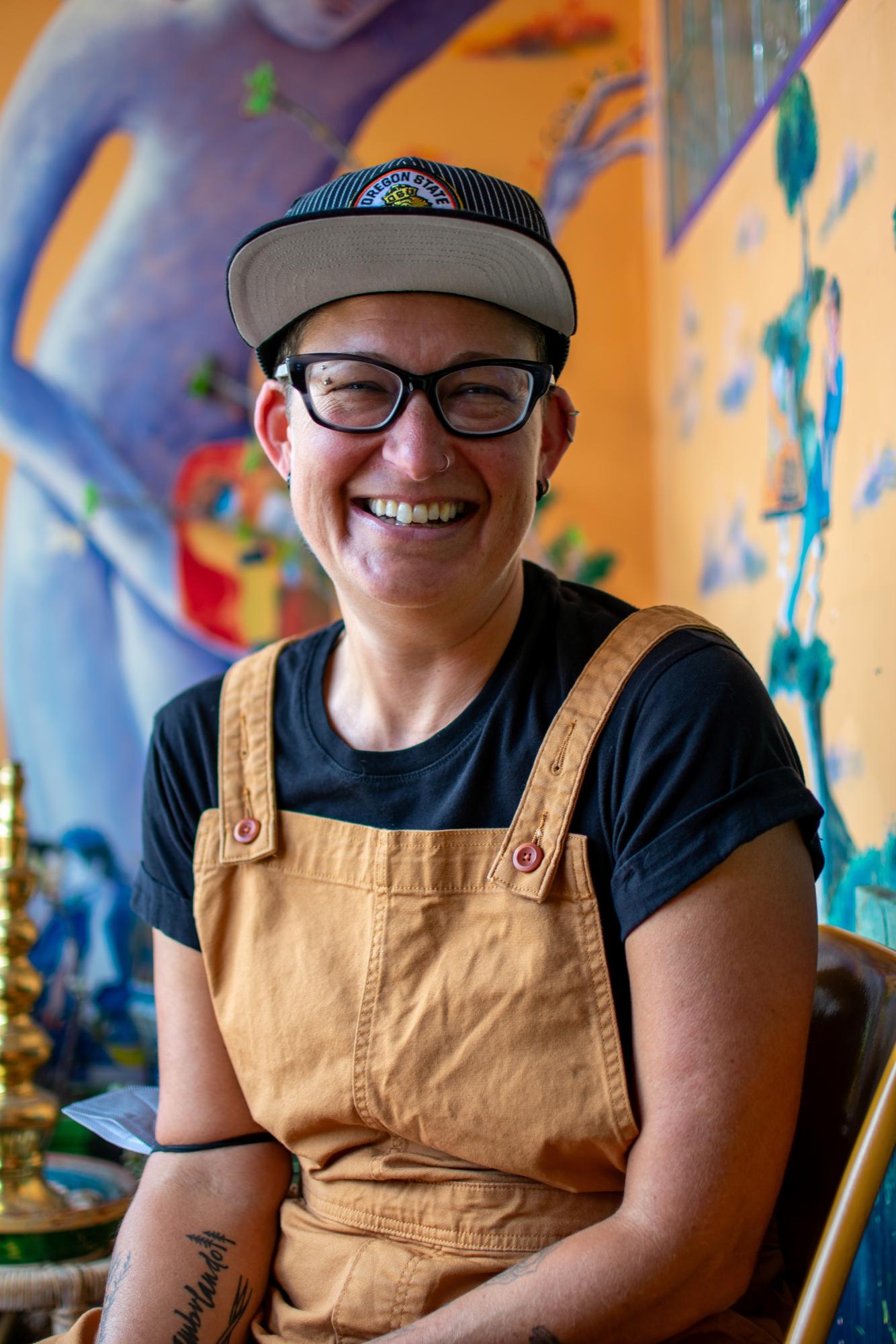A common question Human Sexuality students ask me is about the effects of Selective Serotonin Reuptake Inhibitors on libido, or sexual desire and sex drive.
Serotonin helps us in multiple ways. It plays a role in learning, memory, mood, sleep and sexual behavior. Lack of sufficient serotonin can play a role in depression and anxiety. Serotonin has been referred to as the ‘feel good chemical.’
SSRIs’ job is to block the reabsorption (reuptake) of serotonin into neurons. When this happens, we have more serotonin available to us and this helps to improve our mood and well-being.
I’ve been reading Come As You Are: The Surprising New Science that Will Transform Your Sex Life by Emily Nagoski and she encourages us to not think of it as a “sex drive” but rather an “incentive motivation system.”
As a society, we tend to liken sex to a drive, much like hunger or thirst. But hunger is an internal, uncomfortable experience that motivates us to fix a problem–find food.
People may die from lack of food, water or even sleep, but no one will die from a lack of sex. With sex, it’s more of a motivation toward an incentive (the incentive being sex). The myth that sex is a drive is bad for all of us and our sex lives.
This question is increasingly asked as we’re seeing rising rates of depression among college-age students. In addition, the stigma of talking about mental health and well-being has decreased (yay!).
So maybe you’re depressed, anxious and/or feeling terrible. You get connected with a good therapist and get a prescription for some Lexapro, Celexa, Prozac, Paxil or Zoloft and now you feel better, but your interest in sex has plummeted. You don’t get it! You’re coping in healthier ways, your brain chemicals are more stable and you feel better. But sex just doesn’t enter the equation.
You’re frustrated, your partner may be frustrated. You ask yourself: is it better to be curled up in the fetal position on the couch crying than to have a low libido?
You’re not alone! Approximately 20% of the college population is taking antidepressants and antidepressant use among college students has doubled in the last decade.
Congratulate yourself! You’ve taken the first step in a long journey to take care of yourself, learn healthy skills and help balance out that pesky serotonin. An upwards of 75% of students who struggle with depression are reluctant to seek help.
This increases the risk of harmful outcomes, such as dropping out of college, poor academic performance, suicide and substance abuse.
So, yes, SSRIs can (but not always) play a role in one’s sexual desire and arousal. And that is okay.
You are not abnormal or dysfunctional. We all experience our sexuality in different ways. Our desire, arousal and response is incredibly varied. You are sexually whole and healthy as you are.
You were brave enough to get help and talk about your struggles with mental health. I encourage you to continue to be brave and talk with your partner, medical provider and/or therapist about your experience with sexual desire (not sex drive!).
Medications aren’t a one size fits all approach and sometimes it’s a journey to discover which treatment modality will work best for you.
Be well and be you.
P.S.: If you were born with a vulva (or love someone with a vulva), I 100% encourage you to read Nagoski’s book!












































































































